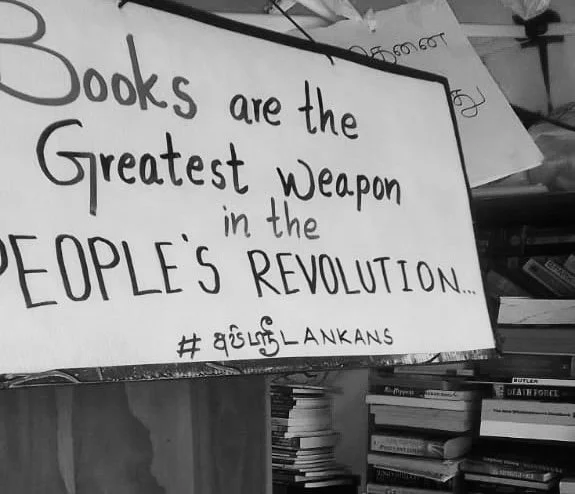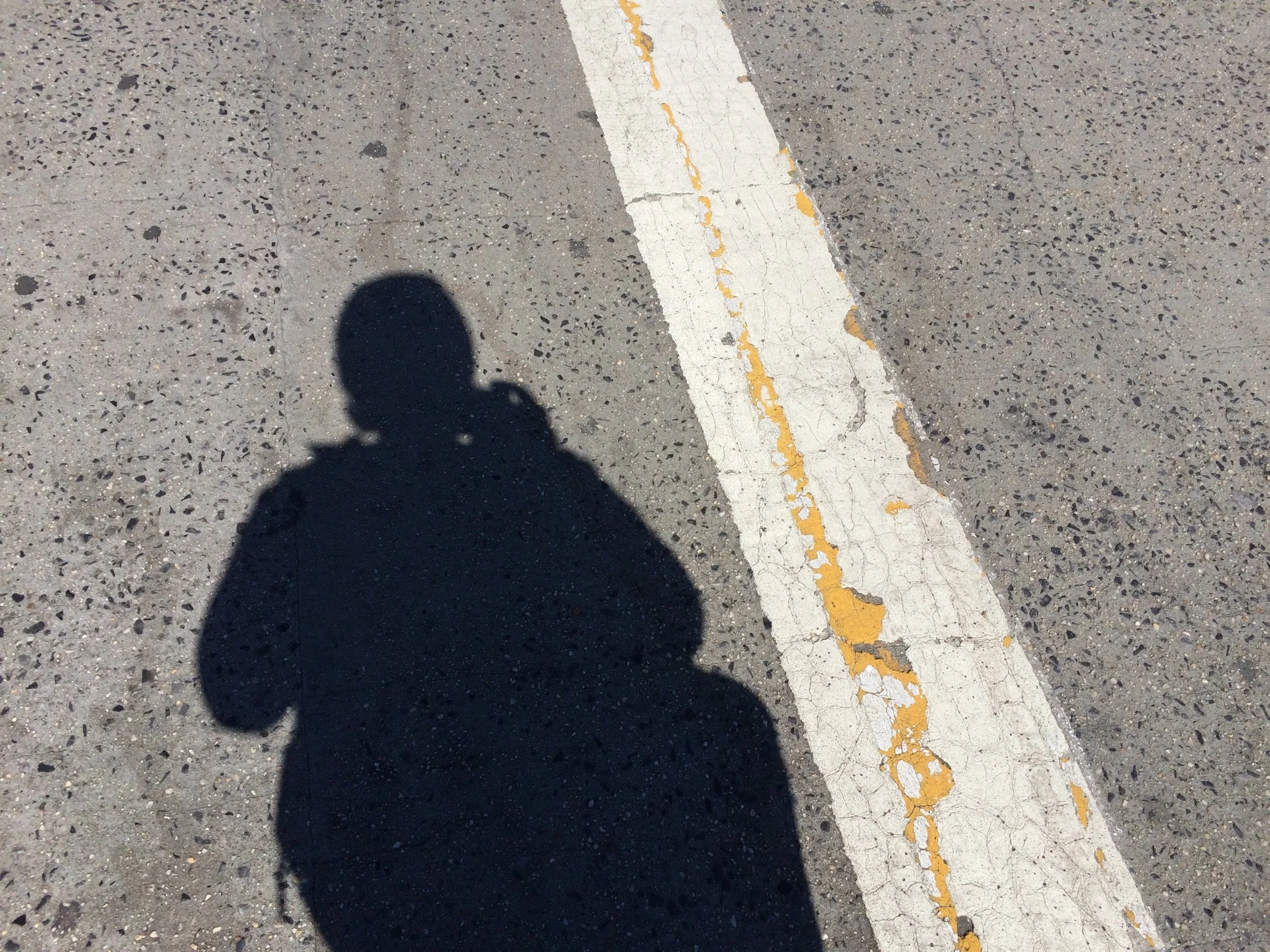Switzerland, a third visit. The scenes are familiar and different. The thoughts too are familiar and different. After the second visit, I wrote about the Alps of the Privileged.
The word still lingers 8 years later. It has evolved into paradox.
The eyes I see everyday in Colombo will never see what I saw on the third visit. There’s an inherent tragedy that demands resolution but knows better than to expect the realization of borderless dreams. The eyes saw what chance and circumstance seem to have ‘earned’ although that term itself embodies a part of the tragedy. Fortune of birth dictating the possibilities and limits of seeing in the modern world could hardly be summarized in the rhetoric of the so-called self made. But then again perhaps such rhetoric, intended in its most ironic iteration, is the only acceptable nomenclature in this mad world.
The eyes saw while the mind wondered. Heaven knows those two only know how to argue. The eyes marveled. The mind questioned. The eyes amazed. The mind unraveled.
What responsibility do the eyes have to what is being seen, asked the mind.
The eyes shot back: Do I see and accept my inability to ever describe to those who cannot or is it better if I turn away and not see so there never arises a need to describe to those who cannot?
What should the eyes do about the ones who will never see, the mind responded callously in this disjointed conversation going nowhere.
The eyes retorted: Should I direct the mind to action or will the mind do what it wants to regardless of what I see?
The mind ignored the inquiry afraid of what further pondering will do. An uncomfortable impasse settled in. The battle postponed has no end in sight.
Yet the war rages on. Battle after battle the fight against inequality rushes headlong into paradoxical deadlocks. Passports and borders lock millions into an involuntary cage where they must settle for their imagination and dreams for their children. The millions see and share pictures, still, moving, or generated in code, on their phones and dream of sending their children to the lion’s den where they may earn their place among the privileged. They hope the children will one day see what their eyes are not allowed to see today. This world affords them no share of the privilege. They are aware of this but remain hopeful for the next generation. They accept impossibility and dream of possibility. Paradox, be damned.
Then there are the Others. The Others are often gifted a privilege and made to believe they earned it. They will therefore sometimes callously comment on those who break the laws of imaginary lines, for those demanding what they did not supposedly earn. The Others move away in delight, suitcases full of pomp and circumstance. If and when they return, they bring the arrogance of their privilege back to the homeland, usually in the form of charitable donations and tiresome lectures for model behavior and development for progress directed at the subaltern, and none of the humility the circumstance of their birth would have preordained. But whatever this arrogance is rooted in, to them, it is not privilege. They don’t claim it. They don’t see that it applies to them or they see but remain in active denial. Privilege denotes positivity, sunshine and daisies so to speak. So, the Others spend most of their time talking about the difficulties. They see sacrifices and compromises that are just a part of living. They see commonality in the human condition with those who will never have what they have. But they also see a difference. The Others believe they have made better choices. It’s definitely not privilege that affords them their privilege.
Still Some neither see the cage nor recognize their own birthed privilege, obliviously wandering from continent to continent and remarking at the lax nature of border controls within earshot of those who experience otherwise. Some among the Some try hard to sympathize but their predetermined privilege leaves them unable to understand, let alone move into the realm of empathy. To them, mustering some semblance of purported sympathy allows them to continue to bear the badge of privilege without the associated guilt.
How one interacts with these divergent groups while navigating a world of contradictory dichotomies prolongs the nature of this war. Most will choose to ignore. But some may wonder: Which mammalian predators, real or imaginary, are the bars on the windows in mountain chalets within tightly regulated border spaces meant to keep out? Do the miles of graffiti that disrupt the postcard aesthetic convey an ambivalent acceptance on the part of the state to inclusive modern artwork or subversive anti-power messaging? Does the lack of blatant nation-state markers on public transportation routes across a continent denote the success of the single market dream or the failure to effectively implement a New World police state in the Old World? Does a Ford service station nestled in the Swiss mountains denote the successes of globalization or the death of the small town specialist? Who is graffiti read from train routes declaring, “Love bastards, hate cops” directed at? Does a guillotine preserved in a museum room, where spirits linger heavily in the air impeding the ability to breathe, denote a success of the past or a warning for the present? Does the ability of some to walk casually across nation states erase the plight of the many who run out of air when their boats capsize in the nearby sea? Or, have the boats lost their newsworthiness because bombs keep falling from the sky?
Is the paradox of privilege being able to both have and not have it? Is it a cruel twist of Schrödinger’s cat that allows some to gloat about what they think they have but could just as easily not have at the same time? Or is the twist that they don’t see that they have it, enthralled in a selective blindness? On the other hand, it seems privilege can both defy gravity in soaring above the clouds and drown the soul by filling the lungs with guilt. It lifts and drowns simultaneously. It opens and closes. It begs grateful appreciation and demands stubborn ingratitude. It is travel beyond borders that deepens the anger of them. Who can the anger be directed at? It is the seeing that creates havoc in the mind on behalf of the unseeing. Where can the mind shelter from the storm?
Those who wonder may find no reward so should the paradox simply be ignored?






















